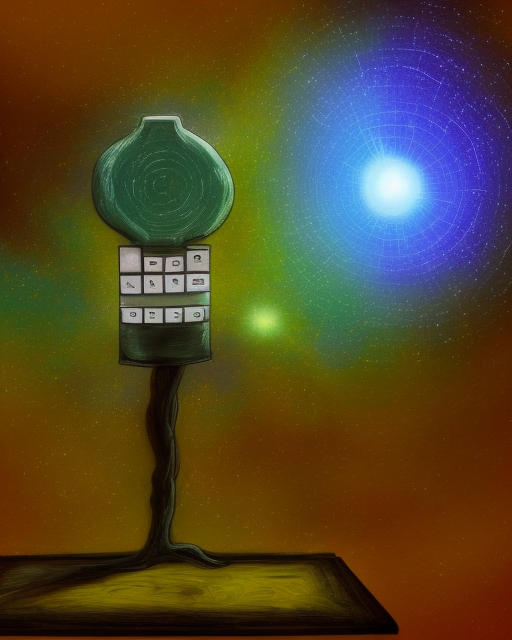Remote Viewing
Remote viewing is a controversial practice that claims to enable individuals to perceive or gather information about a distant or unseen target using psychic abilities or extrasensory perception (ESP). It’s often associated with the field of parapsychology and is considered pseudoscientific by the mainstream scientific community due to the lack of empirical evidence supporting its claims.
Remote viewing typically involves a person, known as a remote viewer, attempting to obtain information about a specific target location, object, or event that is hidden from their physical senses and located outside their immediate vicinity. The remote viewer may use various techniques, such as meditation, visualization, or altered states of consciousness, to supposedly tap into this distant information.
If you’re interested in exploring remote viewing, here are some steps that proponents often suggest for training yourself:
- Develop Relaxation Techniques: Many remote viewing practices involve altered states of consciousness or deep relaxation. Learning meditation, mindfulness, or other relaxation techniques can be helpful in preparing your mind for the practice.
- Enhance Intuition: Remote viewing is often associated with heightened intuition and gut feelings. Practice listening to your inner voice and developing your intuitive abilities.
- Practice Visualization: Visualization is a key component of remote viewing. Practice visualizing distant locations, objects, or events, even if you’re not sure if you’re getting accurate information.
- Document Impressions: Keep a journal or notebook to record any impressions, images, feelings, or thoughts that come to you during your visualization exercises. Over time, you might notice patterns or connections that could potentially be interpreted as successful remote viewing.
- Use Target Cards: Some remote viewers use target cards or images placed inside sealed envelopes. The viewer tries to perceive information about the image without having any prior knowledge of what’s inside the envelope.
- Practice Regularly: Like any skill, remote viewing is said to improve with practice. Dedicate time to regular practice sessions to develop and refine your abilities.
- Join Remote Viewing Groups: Some individuals find it beneficial to connect with like-minded people who are also interested in remote viewing. Joining a group or forum can provide support, guidance, and opportunities to share experiences.
- Study Techniques: There are various remote viewing techniques and methods proposed by different practitioners. Research these techniques to find one that resonates with you and fits your approach.
- Manage Expectations: Remote viewing is often portrayed in a sensationalized manner in popular media. It’s important to approach the practice with a critical and open-minded perspective while managing your expectations realistically.
It’s crucial to note that scientific studies examining the validity of remote viewing have produced mixed results, and the consensus among mainstream scientists is that the evidence is insufficient to support its claims. As you explore remote viewing, it’s important to remain open to the possibility of other explanations for any perceived successes and to approach the practice with a balanced and skeptical mindset.


